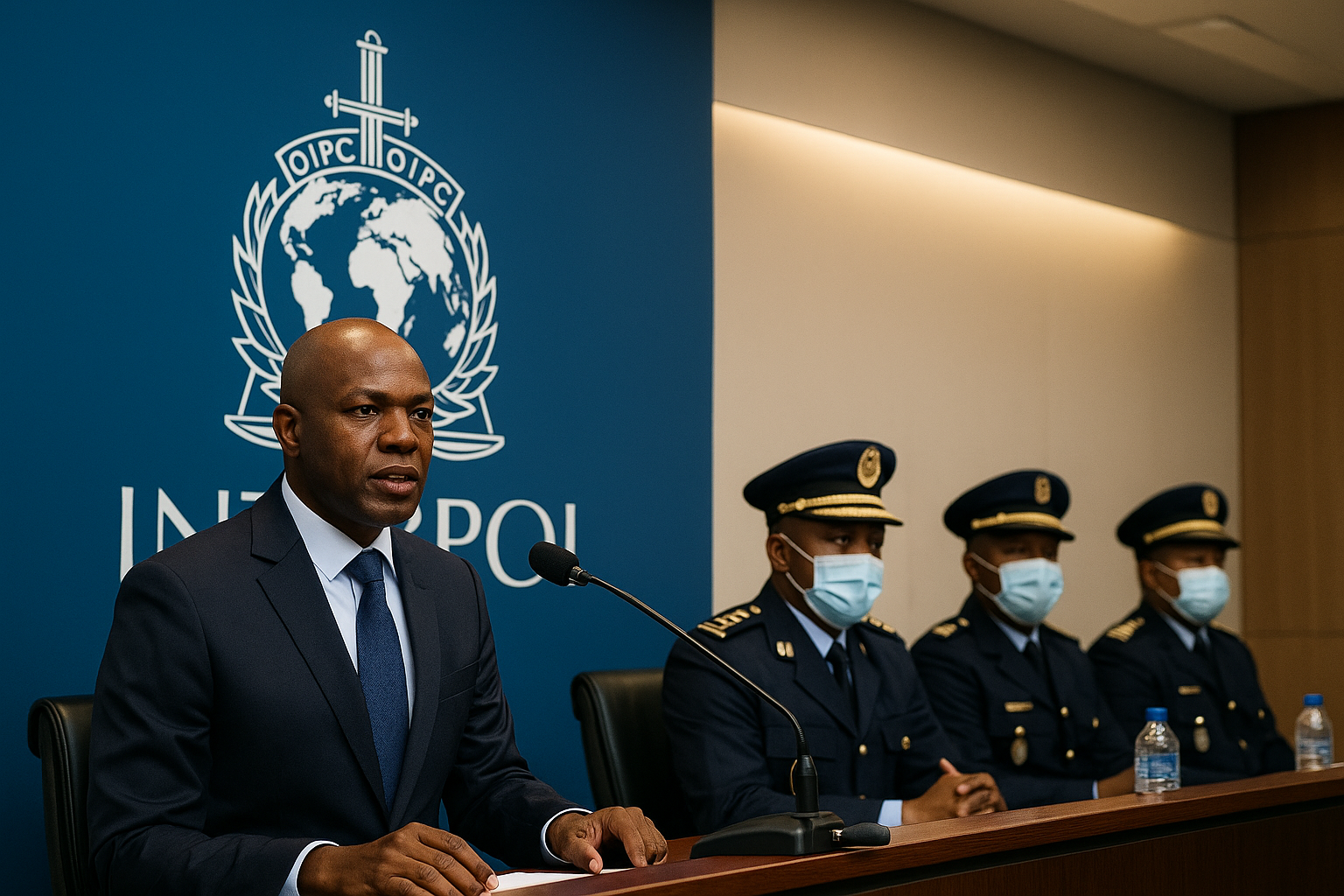Interpol said authorities from 18 African countries have arrested 1,209 cybercriminals who targeted about 88,000 victims in a coordinated crackdown that spanned June to August 2025. The operation, described as the second phase of Operation Serengeti, underscored the global reach of cybercrime and the urgency of cross-border cooperation.
The agency reported the crackdown recovered $97.4 million in illicit proceeds and dismantled 11,432 malicious infrastructures, reflecting a broad-based effort to disrupt ransomware networks, online scams and business email compromise (BEC) campaigns. Interpol noted that the effort builds on previous seizures and arrests as part of ongoing international policing cooperation. Interpol described the operation’s scale and impact as a clear signal to cybercriminals that cross-border work by law enforcement can yield tangible results.
Among the operation’s visual highlights were the dismantling of 25 cryptocurrency mining centres in Angola, involving 60 Chinese nationals in the illicit activity. In addition, authorities seized 45 illicit power stations and mining and IT equipment valued at more than $37 million, assets that will be redirected to bolster power distribution in vulnerable communities, according to Interpol.
Group-IB, a Singapore-based security firm, said it provided circumstantial intelligence and infrastructural details on cryptocurrency investment scams and other BEC campaigns across Africa as part of the operation. Group-IB CEO Dmitry Volkov said the results demonstrate what can be achieved when nations coordinate against a borderless threat. Group-IB added that the Serengeti 2.0 effort underscores the importance of joint intelligence-sharing and actionable investigations across regions.
Valdecy Urquiza, secretary general of INTERPOL, described the operation as part of a growing, interconnected network of law enforcement capacity. “Each INTERPOL-coordinated operation builds on the last, deepening cooperation, increasing information sharing and developing investigative skills across member countries,” Urquiza said. “With more contributions and shared expertise, the results keep growing in scale and impact. This global network is stronger than ever, delivering real outcomes and safeguarding victims.”
Separately, authorities in Nigeria deported 102 foreign nationals, including 60 Chinese and 39 Filipinos, convicted of cyberterrorism and internet fraud, EFCC officials said. The deportees were among roughly 792 suspected cybercriminals arrested in December 2024, as part of broader crackdowns. In March, seven African countries also announced the arrest of 306 suspects and the seizure of 1,842 devices under another international operation referenced by investigators. Reuters reported the deportations, while Al Jazeera detailed the broader context of the crackdown.

